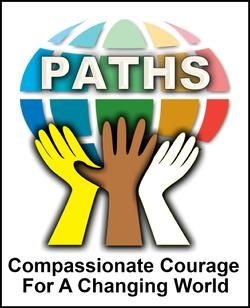
As a mom of a disabled child, I am advocating for the development of a new policy directive, lead by USAID, that would provide basic education for children with disabilities in developing countries. I have been working this issue for the past several years and have yet to see a meaningful plan put forth by the international development community that promotes inclusion of these special children in the civil society of developing countries. I would like to offer one possible solution to this grave problem, The Exceptional Children’s Laboratory School (ECLS), a living laboratory of K-12 student development in special education.
The United Nations Convention on the Rights of Persons with Disabilities established in 2007 that children living with mental and physical impairments in developing countries should enjoy the same rights to education as their non-impaired peers. Discrimination of disabled children, especially in developing countries, leads to a broader exclusion from education and basic opportunities for personal development and achievement. The lack of precise data available on the numbers of disabled children in developing countries confounds this problem and constrains effective policy development. UNICEF has found that in places like Africa and Afghanistan, children with disabilities suffer the worst exclusion from basic social services like education.
Any vision for aid in developing countries such as Afghanistan and in Africa should include a plan for educating people with disabilities, whose numbers are increasing due to civil conflict and war, malnutrition, disease, environmental hazards, and natural disasters. But we must do more than just build schools; we must also develop the human infrastructure necessary to support and expand the education system. Africa and Afghanistan need teachers, including special education teachers that can assist children with disabilities in reaching their full potential.
I fully understand that there are many competing priorities around the world, and most especially in developing countries. I am, however, hoping that you will give this issue a thoughtful and serious look. First, because the situation for children with disabilities in places such as Africa and Afghanistan remains dire, but also because these special children, when given an equal opportunity, have the potential to achieve great things and contribute to the peace and development of their communities just as their non-disabled peers have done.
Kind Regards,
Debbie Smith
Executive Director
PATHS
www.paths2choice.com



